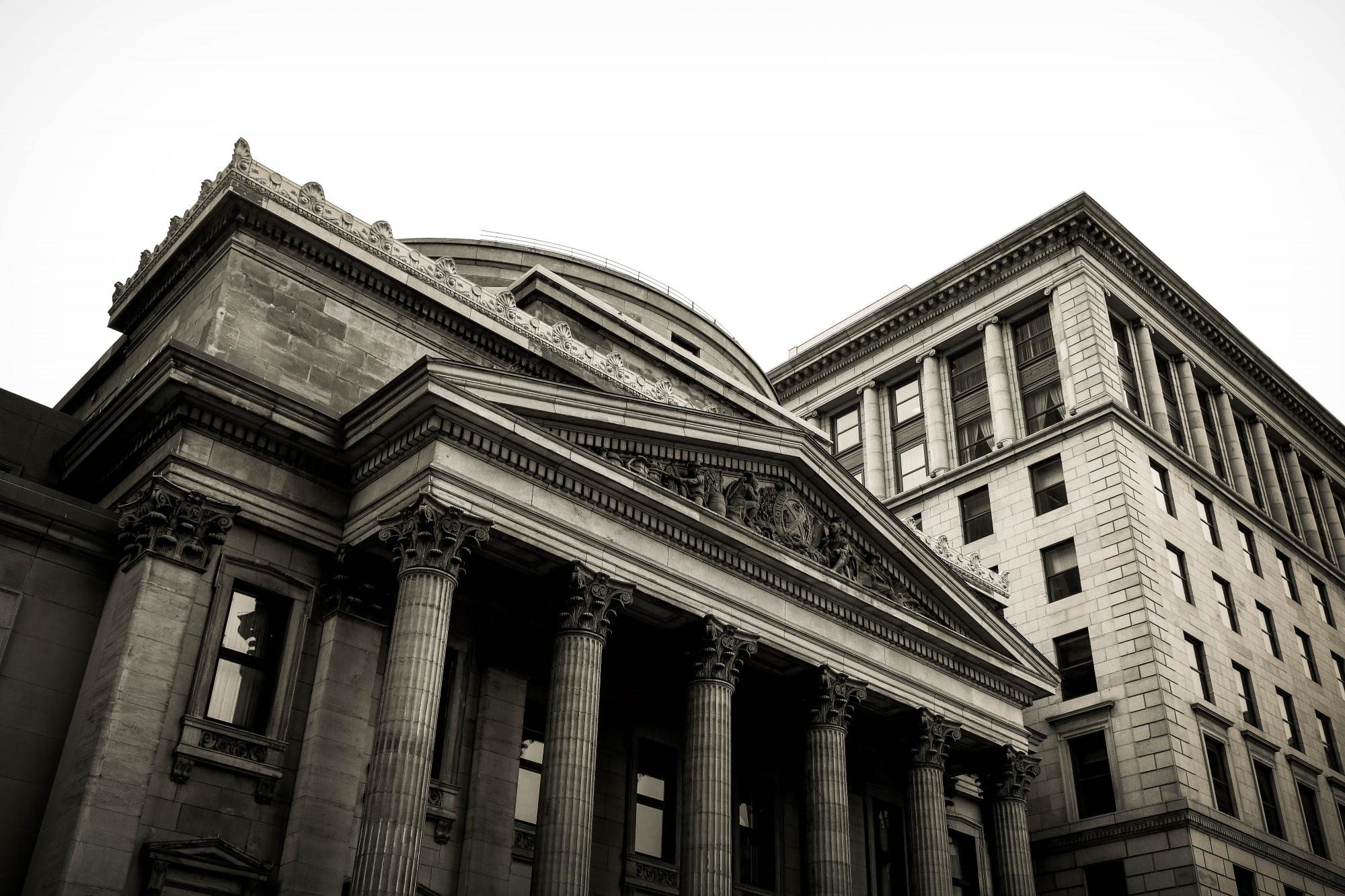Visa Stock Analysis: Is Visa a Strong Opportunity Ahead of Q4 Earnings?
$325.48
28 Jan 2026, 19:25


The Bank of England has implemented the biggest interest rate since 1989 today, it has also warned that the UK could be facing a long recession and informed investors borrowing costs will probably rise by less than initially expected.
The rate seen an increase from 2.25% to 3% even though BoE said the British economy may not grow for another couple years. This would make it a longer decline than during the financial crisis in 2008/2009.
Sterling dropped sharply as a result, it was down approximately 2% against the US dollar at 2% 13:16 GMT (currently down 1.6%). This was the lowest point since mid-October when Britain was in a political crisis triggered by previous PM Liz Truss.
Britain followed in the footsteps of the US Federal Reserve who also raised interest rates by 0.75%, although the Fed indicated that US borrowing costs were likely to go up more than expected to tame inflation.
That differed to the BoE’s message today. Governor Andrew Bailey stated “We can't make promises about future interest rates but based on where we stand today, we think Bank Rate will have to go up by less than currently priced in financial markets”.
The British bank said it now predicts inflation to hit a 40-year high of about 11% during the current quarter. However, it added that the economy has entered a recession that could shrink in both 2023 and 2024 by 2.9% in total.
Unemployment would increase gradually to 6.4% by lates 2025, almost doubling from a current 3.5%, its lowest rate since the mid-1970s.
Today’s increase in borrowing costs (the biggest in 33 years excluding Black Wednesday in 1992), matched the expectations of economists’ in a Reuters poll.
The MPC (Monetary Policy Committee) stated that rates will need to be raised higher in the future, potentially not as steep (5.2%) as it was priced into financial markets when BoE confirmed forecasts.
The BoE said in a statement, “Further increases in Bank Rate might be required for a sustainable return of inflation to target, albeit to a peak lower than priced into financial markets”
Even though turmoil in Britain continues, markets are now more stable since the resignation of Liz Truss. The UK government borrowing costs are roughly back to their position before all the political chaos. On Tuesday, earlier in the week, BoE started selling bonds from its £838 billion quantitative easing stockpile.
As the majority of former Prime Minister’s tax cuts have been reversed, new PM Rishi Sunak has suggested there will be a squeeze on public spending and maybe higher taxes. This will be more clear leading up to the fiscal statement on November 17th.
(Sources: invesitng.com, reuters.com)